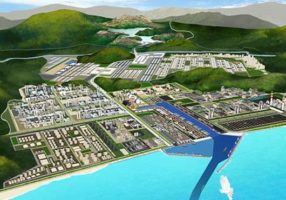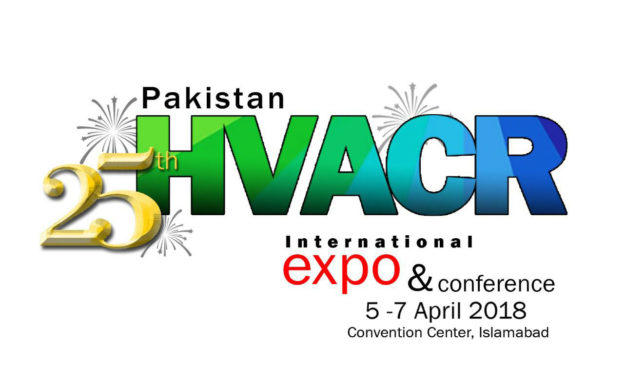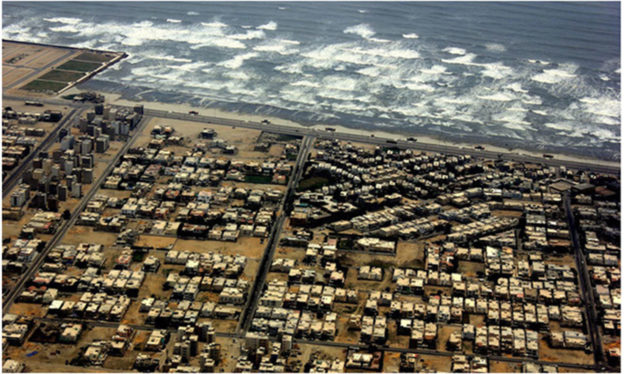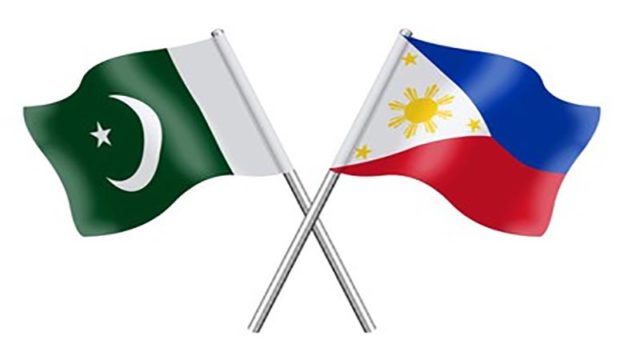‘Transforming Karachi into a Livable and Competitive Megacity’
A highly complex political economy, highly centralised but fragmented governance, land contestation among many government entities and weak institutional capacity have made it difficult to manage the city of Karachi’s development. This was stated in ‘Transforming Karachi into a Livable and Competitive Megacity’, a city diagnostic and transformation study carried out by World Bank Group.
Karachi is the largest city in the country, with a population of 16 million. It accounts for one-third of Sindh’s population and one-fifth of the country’s urban population.The city is Pakistan’s financial and economic hub, generating 12 to 15% of the country’s gross domestic product (GDP). It is also a powerhouse of manufacturing employment.
Though Karachi saw substantial poverty reduction in the 10 years up to 2015, with 9% of the city’s population living under poverty in 2014–15 compared to 23% in 2004–05; it is still ranked in the bottom 10 cities in Global Livability Index. This is due to the poor level of basic services in the city. However, Karachi is the richest city in Sindh and third ‘least poor’ in Pakistan, according to the report. No progress made in development package for Karachi announced by Centre.
The city is very dense, with more than 20,000 persons per square kilometer. Urban planning, management and service delivery have not kept pace with population growth, and the city seems to be headed toward a spatially unsustainable, inefficient and unlivable form. Public open spaces and cultural heritage sites are under threat from commercial development. Urban green space is shrinking and now only makes up 4% of the city’s built-up area.
An estimate says that 45 citizens compete for every bus seat, compared to 12 in Mumbai. According to the report, no cohesive transportation policy exists for Karachi, even as 1,000 new vehicles are added to the roads each day. Traffic congestion and road safety are serious concerns. The report noted a lack of an official public transit system.The study revealed that only 55% of water requirements of the citizens of Karachi are met daily. It added that the city is experiencing a water and sanitation crisis that stems largely from poor governance. Rationing is widespread and leakages and large-scale theft are common. Less than 60% of the population has access to public sewerage and almost all raw sewage is discharged untreated into the sea, along with hazardous and industrial effluent. Less than half of estimated solid waste is collected and transported to open dump sites, resulting in major public health hazards.
Karachi is one of the most disaster-vulnerable districts in Pakistan and is at a high risk for natural and man made disasters. Regular flooding occurs during the annual monsoon season due to the poorly maintained and clogged drainage system. Air pollution is one of the most severe environmental problems. Environmental pollution has a high cost to public health – explained the report.
‘Karachi is ahead of the rest of Sindh in economic development’ The report estimates that Karachi needs around $9 to $10 billion in financing over a 10-year period to meet its infrastructure and service-delivery needs in urban transport, water supply and sanitation and municipal solid waste. According to the report, unclear roles, overlapping functions and lack of coordination between civic governance and agencies has worsened the city’s woes. Municipal and city development functions are highly fragmented, with roughly 20 agencies across federal, provincial and local levels performing these functions, leading to a lack of coordinated planning and integration at the city level. These agencies also control nearly 90% of Karachi’s land but are reluctant to make it available for development recommendations.
The consolidation and disclosure of accurate city data is a first step toward effective integrated planning, recommends the report. It added that regional planning should utilize benefits from the China-Pakistan Economic Corridor for equitable, inclusive and efficient economic growth, while safeguarding environmental and cultural assets. Empowering elected local governments to deliver services to the city and enhance mechanisms for accountability of local governments to citizens to make them more inclusive and the provincial government for consistency and transparency of administration and oversight was another suggestion.
Other suggestions included ensuring that Sindh Mass Transit Authority has representation from the city government, improving management of existing urban road space by enhancing traffic management, providing off-street parking and better enforcement. Improving the non-motorised transport environment by developing sidewalks, road crossings, bikeways and so forth was recommended as a short-term plan to improve urban transport.
Enabling formal private sector financing for major investments in public transport systems, including bus rapid transit and rail systems, bus fleets, and so forth was another suggestion to improve the state of Karachi’s transport system, as well as providing incentives to the existing transport operators to organise formally with easier access to financing for fleet modernization.
Another recommendation made in the report was to transform Karachi Water and Sewerage Board into a modern utility and make it autonomous, professionally managed by qualified staff, with clear lines of accountability and customer focus. It was also suggested to develop a new water board strategy that outlines performance standards, capital investment needs, systems, procedures and equipment deficits, training needs, institutional optimization and staff and management incentive structures.
Another recommendation made in the report was to improve the operating environment within the board by restructuring it, establishing a pro-poor unit and developing a pro-poor strategy.
It also suggested reviewing legal framework for solid waste management and clarifying responsibilities between local governments and the Sindh Solid Waste Management Board.











